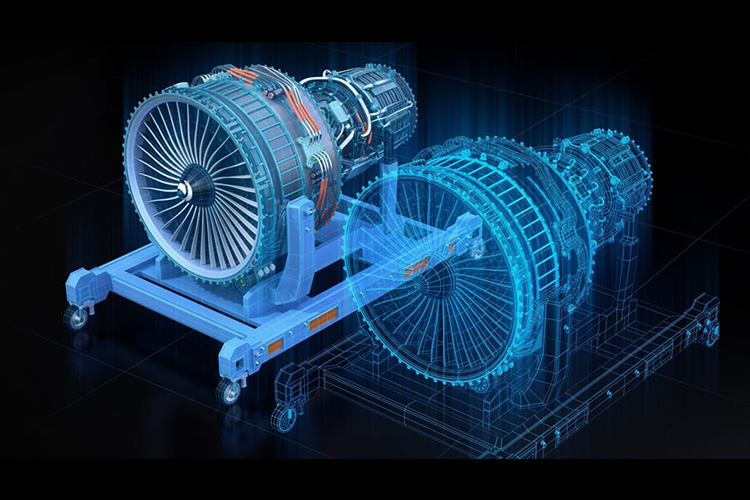

The technology major will deploy the gPROMS digital twin to reduce and remove carbon dioxide, methane and nitrous oxide emissions
August 07, 2023 | Staff Reporter | UK | Proptech

A digital twin developed by Siemens is being used to drive what claims to be the world’s first carbon-neutral wastewater treatment plant in the UK. The Net Zero Hub, formed by a partnership of water companies and led by Severn Trent Water, will deploy the gPROMS digital twin to reduce and remove carbon dioxide (CO2), methane CH4 and nitrous oxide (N2O) emissions, which account for 57 per cent of all emissions from the wastewater treatment process.
Innovation funding
The hub, based at Strongford, Stoke-on-Trent, won £10m funding from the Ofwat Innovation Fund, a further £0.9m has been secured through Horizon Europe and £28m will be invested by Severn Trent to make this ambition a reality. The work is set for completion in 2024.
The gPROMS technology will model the water treatment process in real time through 60,000 dynamic and static data points and will enable the operator to closely monitor energy use and emissions, while ensuring it can keep within permit conditions for effluent quality.
The digital twin will also help create the first mechanistic model of N2O, which is 300 times more potent as a greenhouse gas than CO2. “While combatting the climate emergency is a huge challenge, it is one we are determined to meet, and collaborating with industry experts and water companies – be it here in the UK or overseas – is key to bringing about change,” said Rich Walwyn, head of asset intelligence and innovation at Severn Trent.
“We have scoured the world to find the best solutions to measure and then remove, reduce, replace and offset operational emissions, with the goal of integrating them all at our new Net Zero Hub. This innovative project is incredibly exciting for the sector, as it has the potential to change the face of wastewater treatment worldwide,” he added.
The Siemens technology, originally spun-out of Imperial College London (UK) for the pharmaceutical and petrochemical industries, is an example of how innovation developed for other sectors is being transferred into the water industry to make a transformative impact. It is working alongside Atkins, Explore AI and Xylem on the digital twin workstream.
“Projects like the Net Zero Hub will be viewed in the future as the beginning of a change in how the water industry approached technology and industry collaboration,” said Adam Cartwright, head of IoT applications at Siemens UK & Ireland. “Digitalisation means that operational silos can be linked so that a whole system can be optimised to meet major challenges like achieving net zero, and the sector must embrace this to deliver the change it needs. But we must recognise that those challenges are so large and complex that no-one company can solve them. This project is an excellent example of the depth of collaboration needed to make investment stretch further, while uncovering new ways of how the industry can deliver infrastructure differently.”